
MSF to launch a new malaria prevention drug in South Sudan
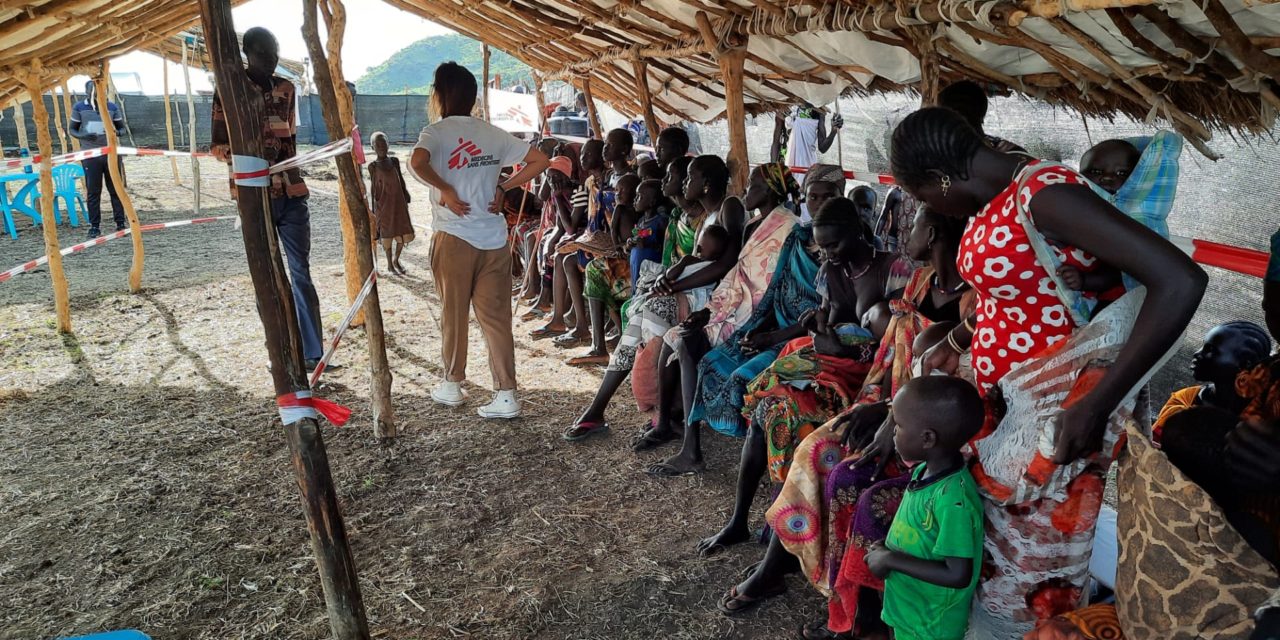
“We administered this to children because we understand that children under five are the most vulnerable group and when they are infected with malaria they are at a high risk of complications and high risk of death.” MSF
The Doctors Without Borders or Médecins Sans Frontières are preparing to launch a new initiative to prevent malaria during the rainy season.
MSF says the new method known as Seasonal Malaria Chemoprevention (SMC) involves administering a combination of malaria medications to reduce the burden of malaria among young children in Aweil town, Northern Bahr el Ghazal state.
The SMC is a public health intervention that can reduce the incidence of malaria among young children during the rainy season.
Dr. Buai Tut Chol, MSF’s medical coordinator in South Sudan, says the SMC is chosen because it’s concentration in the blood lasts for four weeks and it’s administered in the peak seasons of malaria between July and December.
“We administered this to children because we understand that children under five are the most vulnerable group and when they are infected with malaria they are at a high risk of complications and high risk of death,” says, adding “we administer this drug once in a month.”
MSF piloted SMC in Yambio in 2019 and other African countries and according to Dr. Chol, results were encouraging.
Up to 13,689 children from 21 villages around Yambio received the monthly preventive malaria treatment at the time and incidences of severe malaria were reduced by 77.1 percent among children under five at Yambio State Hospital, MSF data shows.
Sarah Charles, one of the SMC beneficiaries from Yambio town’s Naduru suburb, says the drug prevented her three-year old son from falling ill with malaria since he received the medication in 2019.
“It took him about two months for us to see signs of malaria, like fever or headache.” Charles told The Insider.
“To all the mothers, if there’s chance that this medicine is going to be given to the children next month (July), I advise that it’s good that you take your child for injection because it will protect them from malaria, especially during this rainy season when there are a lot of mosquitoes.” she adds.
Dr. Kumba Victor, the medical director at Yambio State Hospital, says the drug was effective in reducing malaria cases at his hospital. By the end of 2019, the hospital recorded only 200 malaria cases as compared to more than 500 the previous year. In early 2020, MSF ended the project in Yambio.
“When they withdrew, in January the number also started increasing again when this project was withdrawn. In January 2020, the number increased to 900 then the peak was in December when the number increased to one thousand, in the same December [2020].” Dr. Victor told The Insider.
Dr. Victor says the SMC malaria prevention drug would be more helpful if the project was administered throughout the year because malaria is a serious public health concern in South Sudan.
“This project should’ve been maintained because one of the many causes of mortality even in the under-five [category] is due to severe malaria and we have experienced a lot of blood transfusion due to severe malaria, so this project should’ve been maintained to reduce the mortality.” He emphasized.
An article published by the World Health Organization (WHO) Africa in November 2017 indicates malaria is the top cause of morbidity and mortality in South Sudan. It says in 2017, malaria accounted for 40 percent of all consultations in health facilities and 33.9 percent of all deaths.
Following the successful implementation of SMC in Yambio, MSF is preparing to launch its second SMC campaign in Aweil town early next month. Dr. Chol says the WHO has recommended this strategy for use in all malaria endemic countries in Africa.
Under the method, a combination of sulfadoxine-pyrimethamine and amodiaquine is administered in 3 doses, once daily for 3 days, at each round, with a one-month interval from one round to the next, to all children below the age of five during the rainy season, when the risk of malaria transmission is at its highest.
Dr Chol says the campaign targets more than 25 thousand children below the age of five. He is urging parents to bring in their children to receive the treatment acknowledging that the medicine is safe.
“It’s a regular malaria medicine. We didn’t get any serious side effects when we tried it in Yambio. So, people should turn up. They should bring their children. We’re targeting children between three months of age to fifty-nine months of age.” Dr. Chol told The Insider.
“They should also continue to observe the other malaria preventive strategies like making sure their children sleep under mosquito nets and to make sure that they also clear the areas around their houses so that there is no stagnant water around because those are the breeding sites of malaria.”

















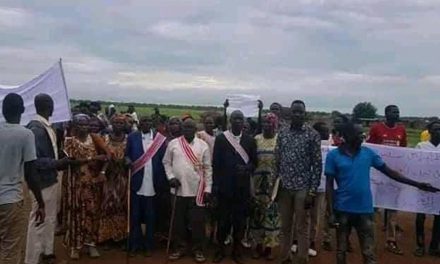
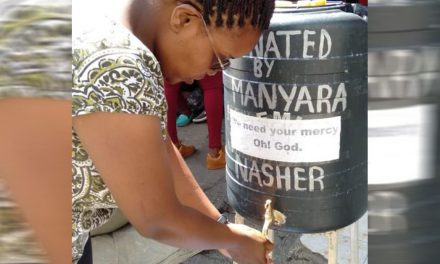
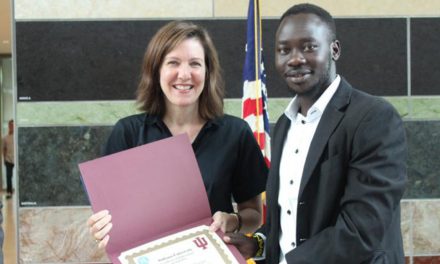
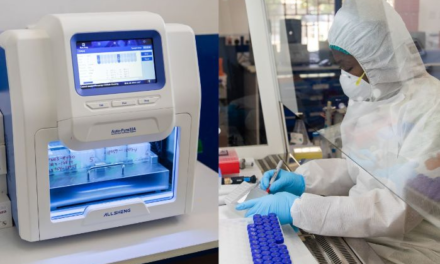
Recent Comments